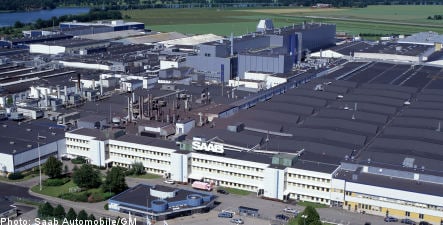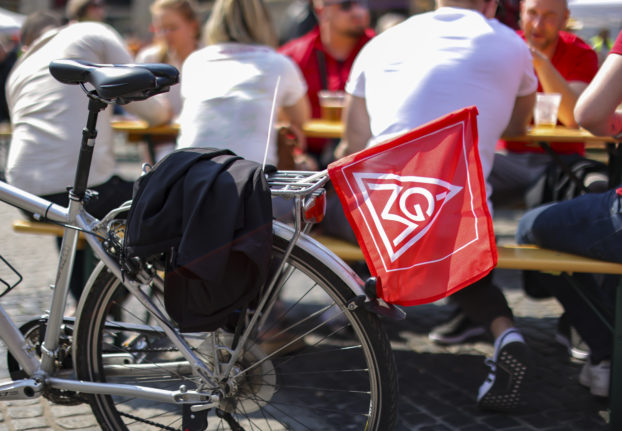According to Saab spokesperson Gunilla Gustavs, a total of 27 potential suitors have signed confidentiality agreements indicating they are serious about making a bid for the Swedish automaker, which is currently undergoing a court-ordered restructuring.
“There may be more. Several are Swedish, but most of them are international. A number have ties to the auto industry. Others belong to other sectors, such as finance and investment companies,” Gustavs said to the TT news agency.
Saab CEO Jan Åke Jonsson is meeting with potential buyers this week at the company’s Trollhättan headquarters in western Sweden and in the coming weeks will also receive representatives from Deutsche Bank, which Saab has hired to manage the sale process.
Plans for US owners General Motors (GM) to complete the sale of Saab in June remain on schedule. Saab currently has until May 20th to complete the restructuring process, but has already indicated that it may request an extension from the Vänersborgs District Court.
While sales figures continue to be catastrophic for Saab, there is some reason for hope.
“We’re following the order figures constantly and in the last week we’ve seen signs of better order intake,” said Paul Åkerlund, head of the Saab chapter of the IF Metall union.
Production is also continuing at full capacity as potential buyers visit the factory floor and no work stoppages are planned in the near term.
But March was a tough month for the company, with sales down 57 percent in the United States and nearly 48 percent in Europe.
During the first quarter of 2009, sales have been cut in half compared to the previous year.
As a part of its restructuring, Saab has revealed it has debts totaling 10.6 billion kronor ($1.27 billion), mostly consisting of money owed to GM, which has taken over a number of debts owed to Saab suppliers.
However, Saab is hoping to write down up to 75 percent of its debts.



 Please whitelist us to continue reading.
Please whitelist us to continue reading.
Member comments